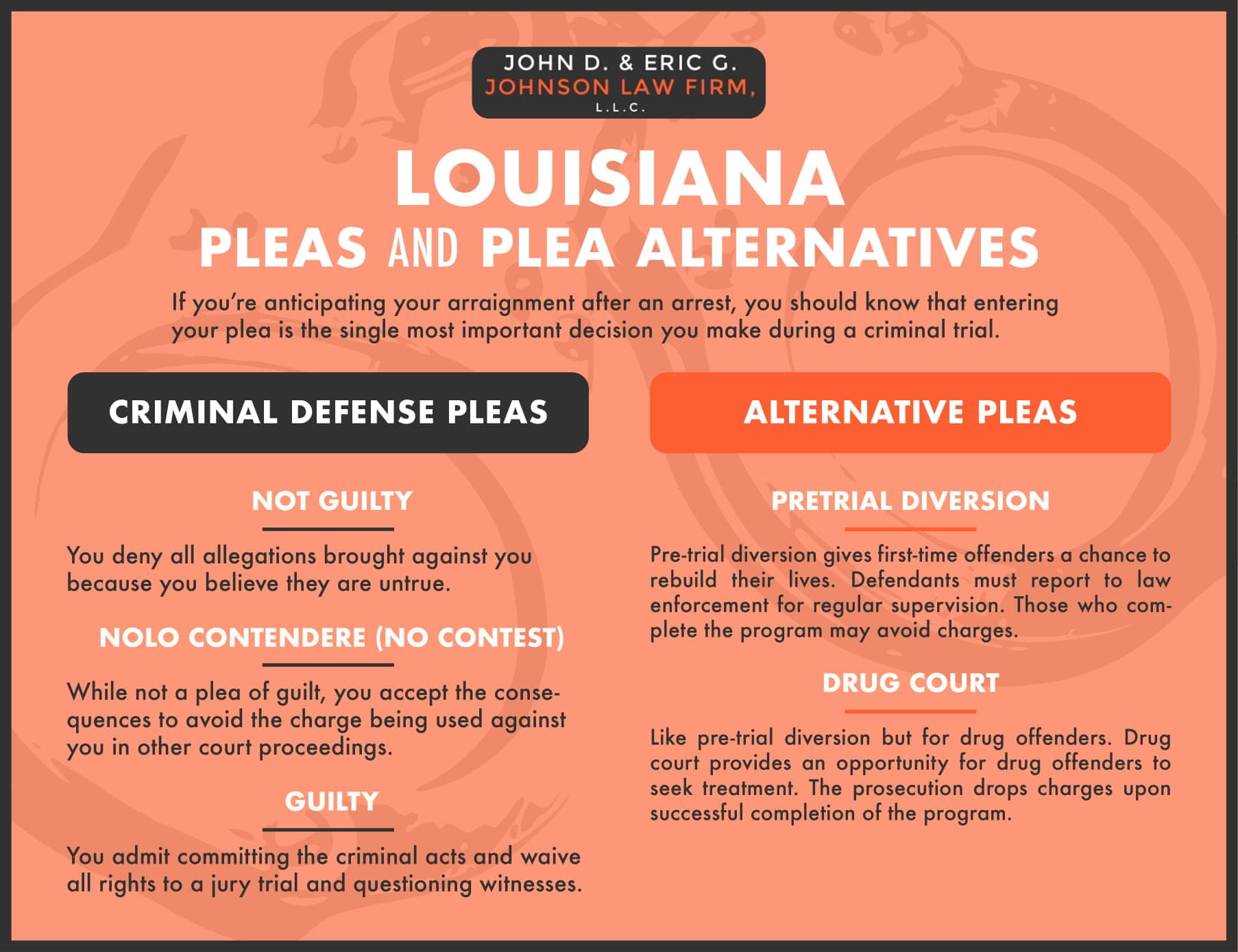Common Myths Concerning Criminal Defense: Debunking Misconceptions
Common Myths Concerning Criminal Defense: Debunking Misconceptions
Blog Article
Content Create By-Connell Valentin
You've possibly listened to the myth that if you're charged with a criminal activity, you must be guilty, or that remaining silent ways you're concealing something. These prevalent ideas not just misshape public perception yet can also affect the results of lawful proceedings. It's critical to peel back the layers of misunderstanding to understand real nature of criminal defense and the civil liberties it safeguards. What if you recognized that these misconceptions could be taking down the very structures of justice? Join the conversation and discover how debunking these misconceptions is essential for making sure fairness in our legal system.
Myth: All Offenders Are Guilty
Typically, people erroneously think that if someone is charged with a criminal offense, they have to be guilty. You might think that the lawful system is infallible, but that's much from the reality. Charges can originate from misconceptions, incorrect identities, or inadequate proof. It's vital to bear in mind that in the eyes of the law, you're innocent till tried and tested guilty.
This presumption of virtue is the bedrock of the criminal justice system. It makes sure that the burden of proof lies with the prosecution, not you. They should develop beyond a reasonable question that you committed the criminal activity. This high conventional secures individuals from wrongful sentences, ensuring that no person is punished based on presumptions or weak evidence.
Moreover, being billed doesn't suggest completion of the roadway for you. You deserve to defend yourself in court. This is where a skilled defense attorney enters into play. They can challenge the prosecution's case, existing counter-evidence, and supporter on your behalf.
shoplifting lawyers near me of legal proceedings usually calls for professional navigation to guard your civil liberties and achieve a fair result.
Myth: Silence Equals Admission
Several believe that if you choose to continue to be silent when accused of a criminal offense, you're essentially admitting guilt. Nonetheless, this could not be further from the fact. Your right to continue to be silent is safeguarded under the Fifth Change to avoid self-incrimination. It's a legal guard, not a sign of guilt.
When you're silent, you're in fact working out a fundamental right. This stops you from saying something that might inadvertently damage your defense. Remember, in top rated criminal law firms of the minute, it's simple to obtain baffled or speak erroneously. Law enforcement can translate your words in methods you really did not mean.
By remaining silent, you offer your legal representative the very best chance to defend you efficiently, without the problem of misunderstood declarations.
Furthermore, it's the prosecution's work to prove you're guilty past a sensible doubt. Your silence can not be used as proof of regret. Actually, jurors are advised not to analyze silence as an admission of regret.
Myth: Public Defenders Are Inefficient
The misunderstanding that public protectors are inefficient continues, yet it's critical to understand their crucial duty in the justice system. Several think that because public protectors are commonly overwhelmed with cases, they can not give quality defense. However, this overlooks the depth of their commitment and proficiency.
Public protectors are totally licensed lawyers that've selected to specialize in criminal law. They're as qualified as exclusive attorneys and usually more skilled in test work as a result of the quantity of instances they manage. You could assume they're much less motivated due to the fact that they do not select their clients, but in reality, they're deeply devoted to the ideals of justice and equality.
It is essential to remember that all lawyers, whether public or exclusive, face challenges and constraints. Public defenders commonly collaborate with fewer sources and under more stress. Yet, they regularly demonstrate strength and creative thinking in their protection strategies.
Their function isn't just a work; it's an objective to make certain that everyone, regardless of earnings, obtains a fair test.
Conclusion
You could assume if someone's charged, they must be guilty, but that's not exactly how our system works. Choosing to stay silent doesn't indicate you're admitting anything; it's simply smart self-defense. And don't take too lightly public defenders; they're dedicated experts dedicated to justice. Bear in mind, everybody should have a reasonable trial and experienced representation-- these are essential rights. Allow's drop these myths and see the legal system for what it truly is: a location where justice is looked for, not just punishment gave.
